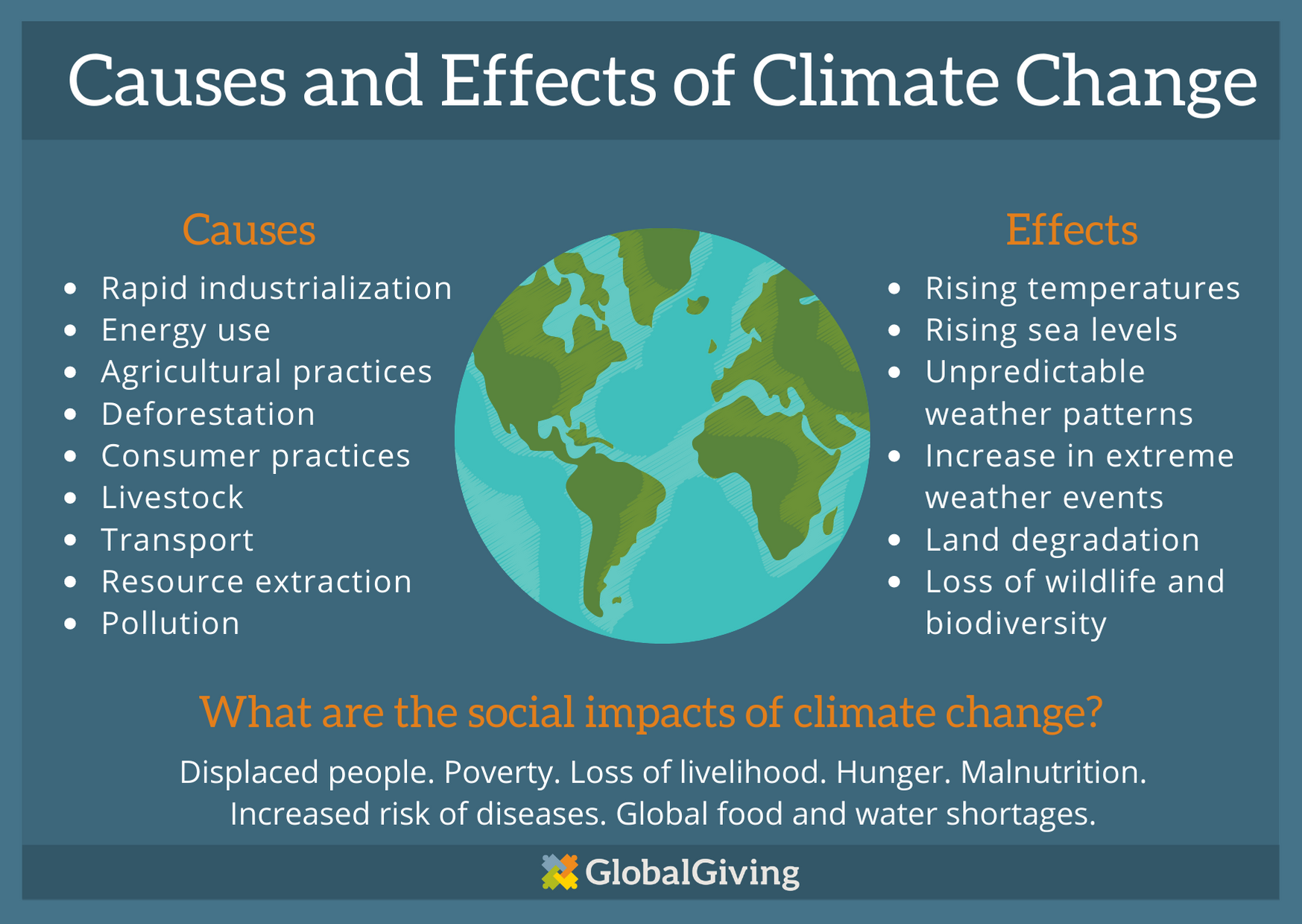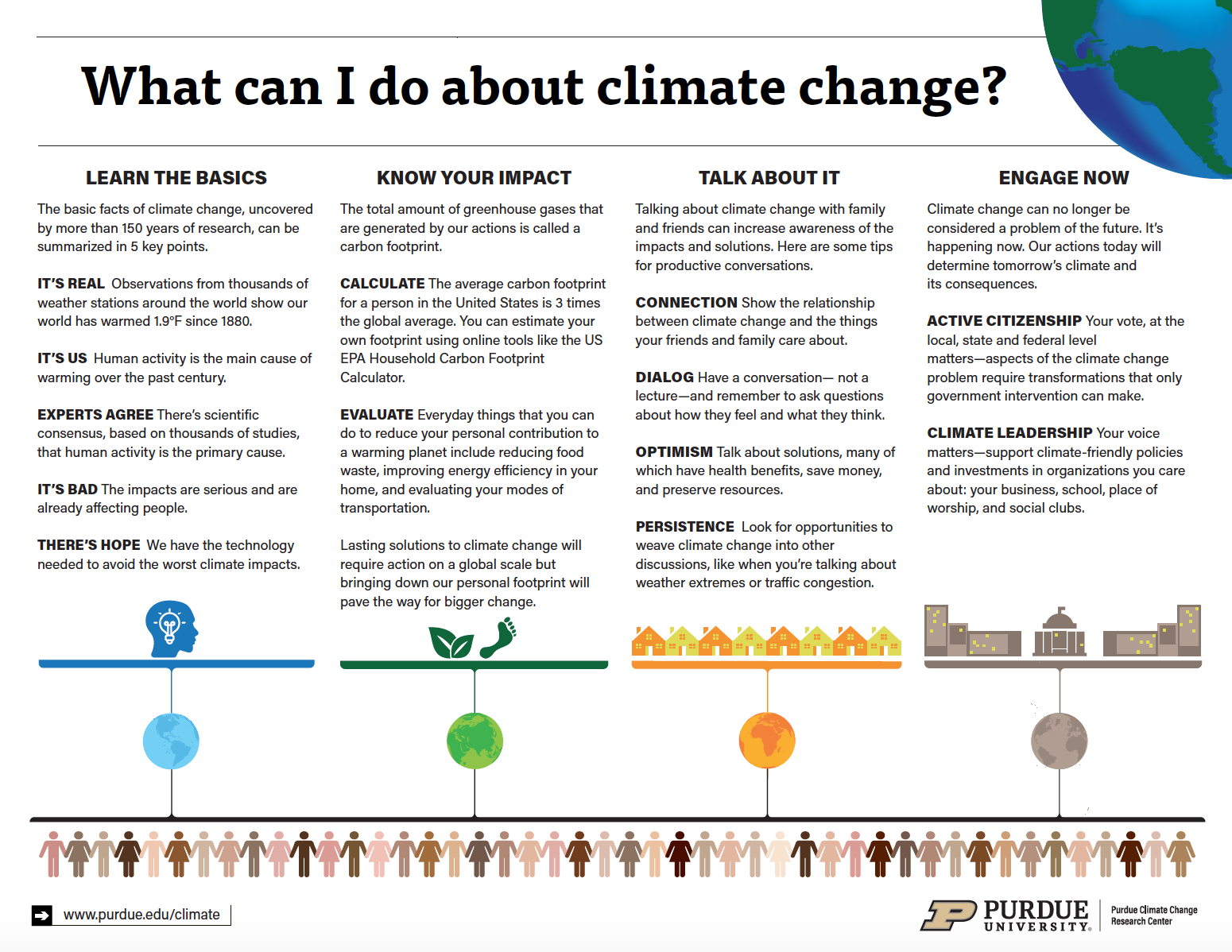The PBS News Hour: Climate Change And Its Impact On Global Health
Climate Change: The Immense Impact on Global Health

How Much Would It Cost To End Climate Change? Get The Facts. - Source www.globalgiving.org
Editors' Notes: The PBS News Hour: Climate Change and Its Impact on Global Health have published today date and emphasizes the critical importance of understanding how climate change is influencing global health.
To keep pace with the rapidly evolving landscape of this topic, we have dedicated ourselves to analyzing the latest research and insights. Our comprehensive guide summarizes the key takeaways from The PBS News Hour's in-depth report, providing valuable information for stakeholders in this critical field.
| Key Differences | Key Takeaways |
|---|---|
| Climate change's impact on physical health | Increased risk of extreme weather events, heat-related illnesses, and respiratory problems. |
| Climate change's impact on mental health | Increased anxiety, depression, and post-traumatic stress disorder due to climate-related disasters and displacement. |
| Climate change's impact on health equity | Vulnerable populations, such as low-income communities and communities of color, are disproportionately affected by climate change's health impacts. |
The main article topics include:
FAQ
This section addresses frequently asked questions and misconceptions regarding climate change and its global health implications.

Climate Change Issues 2024 - Rory Walliw - Source coryqsharla.pages.dev
Question 1: How does climate change impact food security?
Climate change disrupts agricultural systems through extreme weather events, rising temperatures, and altered precipitation patterns. These factors affect crop yields, livestock health, and the availability of safe drinking water, leading to food shortages, malnutrition, and increased vulnerability to diseases.
Question 2: How does climate change contribute to the spread of infectious diseases?
Warming temperatures expand the geographical range of disease-carrying vectors, such as mosquitoes and ticks. Extreme weather events can also displace populations, creating overcrowded conditions and increasing the risk of disease transmission.
Question 3: What are the mental health consequences of climate change?
Climate change-related disasters, such as floods, hurricanes, and wildfires, can lead to trauma, anxiety, depression, and other mental health challenges. Additionally, concerns about the future and the perceived loss of control can exacerbate these effects.
Question 4: How does climate change affect air quality?
Higher temperatures increase the formation of ground-level ozone, a pollutant linked to respiratory problems. Wildfires and agricultural practices also contribute to air pollution, impacting air quality and human health.
Question 5: What are the disproportionate impacts of climate change on vulnerable populations?
Climate change often exacerbates existing inequalities. Low-income communities, marginalized groups, and indigenous populations face greater risks due to limited resources, inadequate infrastructure, and systemic barriers.
Question 6: What can we do to mitigate the health risks associated with climate change?
Addressing climate change requires collective action. Mitigation efforts include reducing greenhouse gas emissions, investing in renewable energy, and implementing sustainable practices. Adaptation strategies focus on strengthening health systems, promoting early warning systems, and enhancing disaster preparedness.
In conclusion, climate change poses significant threats to global health. Understanding these impacts and implementing comprehensive solutions is crucial to safeguarding the well-being of populations around the world.
Stay informed with The PBS News Hour for the latest developments on climate change and its implications for global health.
Tips
Climate change is a serious and growing threat to global health. Rising temperatures, changing weather patterns, and more extreme weather events are all having a negative impact on human health around the world. According to The PBS News Hour: Climate Change And Its Impact On Global Health, there are a number of things that can be done to mitigate the health risks of climate change.
Tip 1: Reduce greenhouse gas emissions
The most important thing that can be done to address climate change is to reduce greenhouse gas emissions. Greenhouse gases are released into the atmosphere when fossil fuels are burned, and they trap heat, causing the planet to warm. Reducing greenhouse gas emissions can be done by switching to renewable energy sources, such as solar and wind power, and by improving energy efficiency.
Tip 2: Adapt to climate change
Even if greenhouse gas emissions are reduced, some amount of climate change is already inevitable. It is important to adapt to these changes by building resilient communities and infrastructure. This includes things like building seawalls to protect coastal communities from flooding, and developing early warning systems for extreme weather events.
Tip 3: Invest in health research
More research is needed to understand the health risks of climate change and to develop effective adaptation strategies. This includes research on the health effects of extreme weather events, air pollution, and water scarcity.
Tip 4: Educate the public
It is important to educate the public about the health risks of climate change and the need to take action. This can be done through public awareness campaigns, educational programs, and the media.
Tip 5: Advocate for climate action
Individuals and organizations can advocate for climate action by contacting their elected officials, supporting climate-friendly businesses, and participating in climate protests and demonstrations.
By taking these steps, we can help to mitigate the health risks of climate change and create a healthier future for all.
The PBS News Hour: Climate Change And Its Impact On Global Health
Climate change poses a significant threat to global health, as it can influence various factors such as food security, water quality, and mental well-being.
- Temperature Extremes: Extreme heat and cold can lead to heat stroke, hypothermia, and exacerbation of respiratory and cardiovascular conditions.
- Natural Disasters: Climate change is increasing the frequency and intensity of natural disasters, such as floods, hurricanes, and droughts, which can displace populations and disrupt healthcare systems.
- Vector-borne Diseases: Changes in temperature and precipitation can alter the distribution of disease-carrying insects and animals, increasing the risk of malaria, dengue fever, and Lyme disease.
- Malnutrition: Climate change affects agricultural yields, leading to food shortages and malnutrition, which can compromise immune systems and increase vulnerability to disease.
- Air Pollution: Climate change can intensify air pollution, resulting in respiratory illnesses such as asthma, bronchitis, and lung cancer.
- Mental Health Impacts: The psychological distress, displacement, and loss associated with climate change can lead to anxiety, depression, and post-traumatic stress disorder.
These key aspects highlight the interconnectedness of climate change and global health. Climate change not only affects physical well-being but also has profound impacts on mental and social health. It is imperative for governments, healthcare providers, and individuals to work together to mitigate the effects of climate change and protect public health.

The Digital Insider | How climate change will impact outdoor activities - Source thedigitalinsider.com
The PBS News Hour: Climate Change And Its Impact On Global Health
Climate change, as presented in "The PBS News Hour: Climate Change And Its Impact On Global Health," poses significant threats to global health. Increasing temperatures, extreme weather events, and rising sea levels can lead to a range of health issues. For instance, heat waves can cause heatstroke and exacerbate respiratory problems, while floods and droughts can spread waterborne diseases and destroy infrastructure necessary for healthcare.

Resources – Indiana Climate Change Impacts Assessment - Source ag.purdue.edu
The interconnectedness of climate change and global health demands attention. Rising temperatures and extreme weather events disrupt food production, leading to malnutrition and food insecurity. Moreover, changing climate patterns alter the distribution of vector-borne diseases, such as malaria and dengue fever, exposing more populations to these illnesses.
Addressing the health impacts of climate change requires a concerted effort. Mitigation measures, such as reducing greenhouse gas emissions, are essential for slowing the progression of climate change. Adaptation strategies, including improving healthcare infrastructure and developing early warning systems for extreme weather events, are also crucial for protecting public health.
By understanding the connection between climate change and global health, policymakers, healthcare professionals, and the public can work together to implement effective strategies to mitigate and adapt to these challenges, safeguarding the health and well-being of present and future generations.
Anh Tú: Multi-Talented Vietnamese Actor And Singer Captivating Audiences, Unlocking The Future Of Waste Management: Sustainable Solutions For A Greener Tomorrow, Alex Palou: IndyCar's Reigning Champion And Rising Star, Slay Jr: Unleashing The Power Of Youthful Ingenuity And Inspiring Tomorrow's Leaders, Unveiling The Cutting-Edge: Explore The Latest Automotive Innovations, Tragic Plane Crash In Santa Barbara: Devastation And Loss, The La Convention Center: A State-of-the-Art Destination For Exceptional Events, John Morton: Archbishop Of Canterbury And Lord Chancellor Of England, Creating Your Home's Best Personality: A Haven With Nicole Moorman, Duke And Wake Forest Rivalry: A Battle For ACC Supremacy,